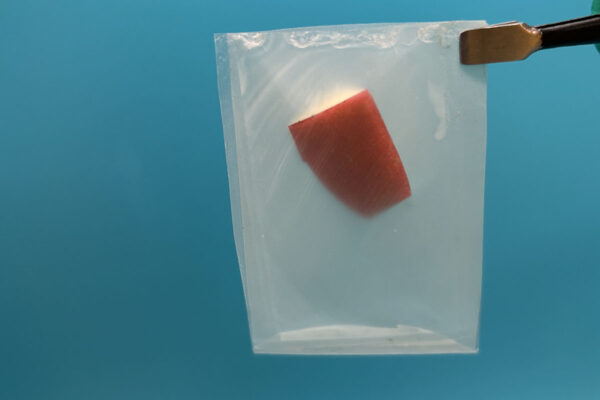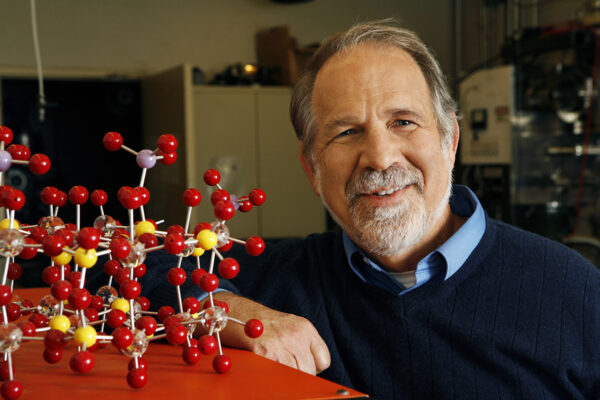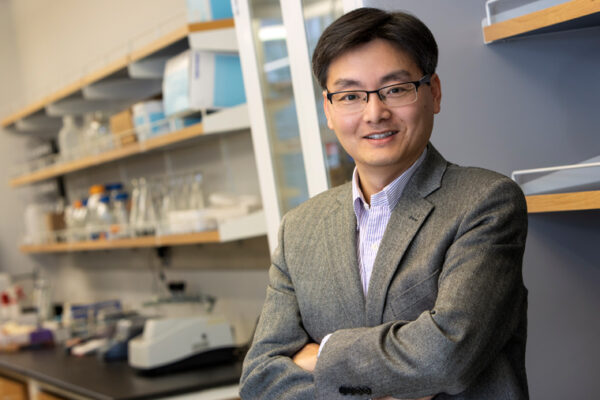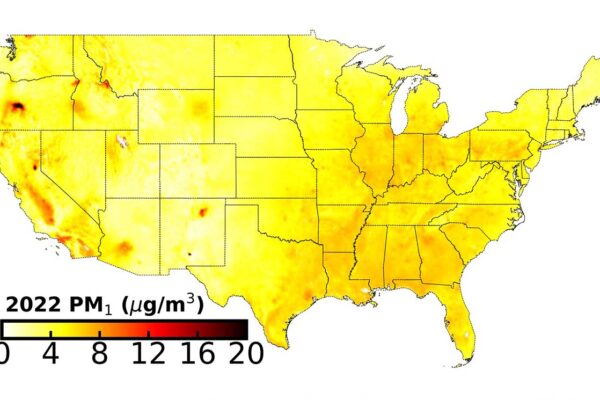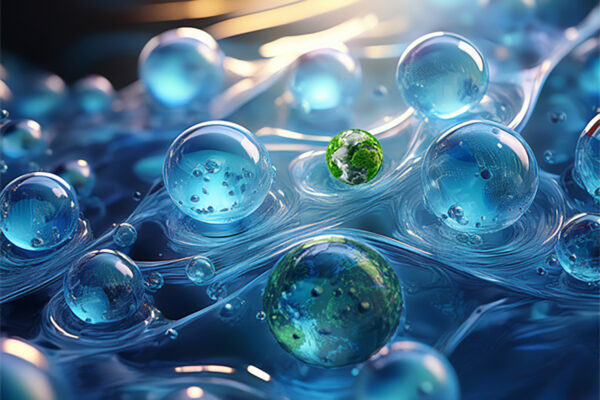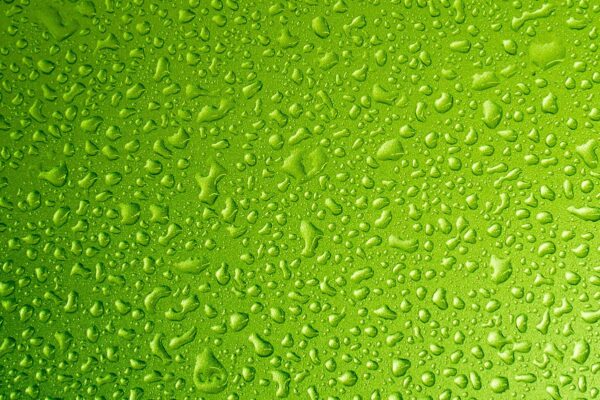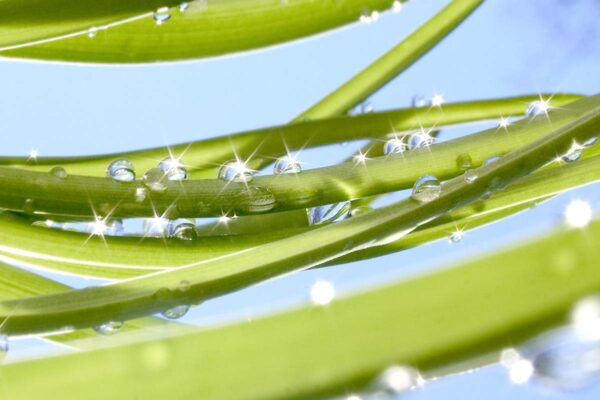Sun exposure changes chemical fate of littered face masks
Researchers at Washington University in St. Louis reveal that discarded face masks undergo photochemical changes, influencing their surrounding environment.
Leaf-inspired design brings bioplastics to the big leagues
Using inspiration from the leaf, engineering researchers at Washington University in St. Louis have optimized bioplastics to be stronger and more biodegradable.
Xu receives engineering early career award
Lu Xu, an engineer at Washington University in St. Louis, has won the 2025 American Institute of Chemical Engineers Environmental Division Early Career Award.
John Gleaves, engineering professor emeritus, 79
John Gleaves, a professor emeritus at the McKelvey School of Engineering, died June 2. He was 79.
Predicting pain with machine learning
Researchers at Washington University in St. Louis are using machine learning to better predict who will experience persistent pain after surgery.
He receives environmental engineering award
Zhen He, an environmental engineer at WashU, received the 2025 Frederick George Pohland Medal from the Association of Environmental Engineering and Science Professors and the American Academy of Environmental Engineers and Scientists.
Tiny and toxic: Researchers track smaller air pollution particles across US skies
To help understand air pollution health effects, researchers in St. Louis quantified how the amount of submicron particles in the air has changed over the past 25 years.
New hydrogel treatments turn water waste into fertilizer
Environmental engineers at WashU have developed hydrogels to transform wastewater nutrients into useful feedstocks and fertilizers.
Research untangles role of stress granules in neurodegenerative disease
Researchers at WashU and St. Jude Children’s Research Hospital have found that biomolecular condensates play a role in suppressing the effects of ALS-causing mutations.
Myosin makes the moves to keep cell processes humming along
Biomedical scientists at Washington University in St. Louis and Duke University report new insights regarding the role of movements of molecules as drivers of condensation in plant cells.
View More Stories

